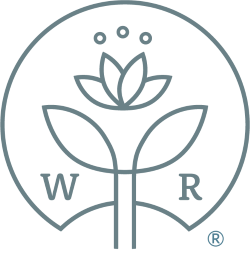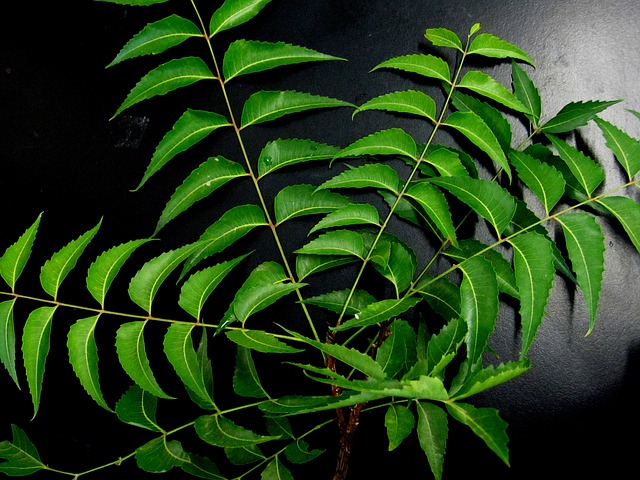Neem Leaf
Also known as
Azadirachta indica, Margosa, Nimba, Sarva Roga, and Nivarini.
Introduction
Long known in Ayurdevic medicine in India, modern research has been confirming the traditional uses of the neem tree in Indian folk medicine. Its many properties and uses has given neem the reputation as Friend and Protector in Indian villages. It is used to fight infection, both bacterial and viral, and to treat diarrhea, fever, burns, urinary disorders, skin diseases and inflammatory conditions. The neem tree is native to India, and has been used in so many ways that it's difficult to count them all. From cleaning teeth and preventing gum disease to promoting restful sleep as a filler for pillows, the neem tree has earned its reputation as a "wonder tree". An evergreen tree that is remarkably tolerant of both heat and drought, the neem can grow up to twenty feet in three years. It has pesticide, germicide and medicinal properties, is resistant to termites and is often used in reforestation efforts. The tree begins bearing fruit at three to five years, and each tree can produce up to 110 pounds of fruit in a year. Its fast growth, quick maturity and high production combined make the neem tree one of the most valuable plants in India.
Constituents
Alkaloids and liminoids, including azadirachitin, gedunin, nimbin, nimbidin, nimbinene desacetylnimbinase, nimbandial, nimbolide and quercentin.
Parts Used
Dried leaf, and oil from the seeds
Typical Preparations
Incorporated into creams, pastes, and ointment. Oil may be applied directly. Sometimes used as a tea and in extract form.
Summary
The neem tree holds a great deal of promise for India as a wonder plant with many uses. The leaves have anbibacterial and antiviral properties, and are often used in cosmetic and skin treatment preparations. It is an effective insect repellant, and its astringent properties make it an excellent treatment for skin conditions ranging from acne to eczema. It is used to treat ringworm and other parasitic skin infections and promotes healing of wounds. Taken internally as neem leaf tea, there is evidence to support its use to treat malaria, infection, pneumonia, ulcers, gout, diabetes, hypertension and heart disease, and that's just the start of the long list of conditions and disorders that seem to respond to the regular use of neem leaf and its antibacterial and antiviral properties.
Precautions
Not to be used while pregnant, and the oil should not be applied to broken or heavily abraded skin.
For educational purposes only This information has not been evaluated by the Food and Drug Administration.
This information courtesy of MOUNTAIN ROSE HERBS, with full, written permission for reuse.








